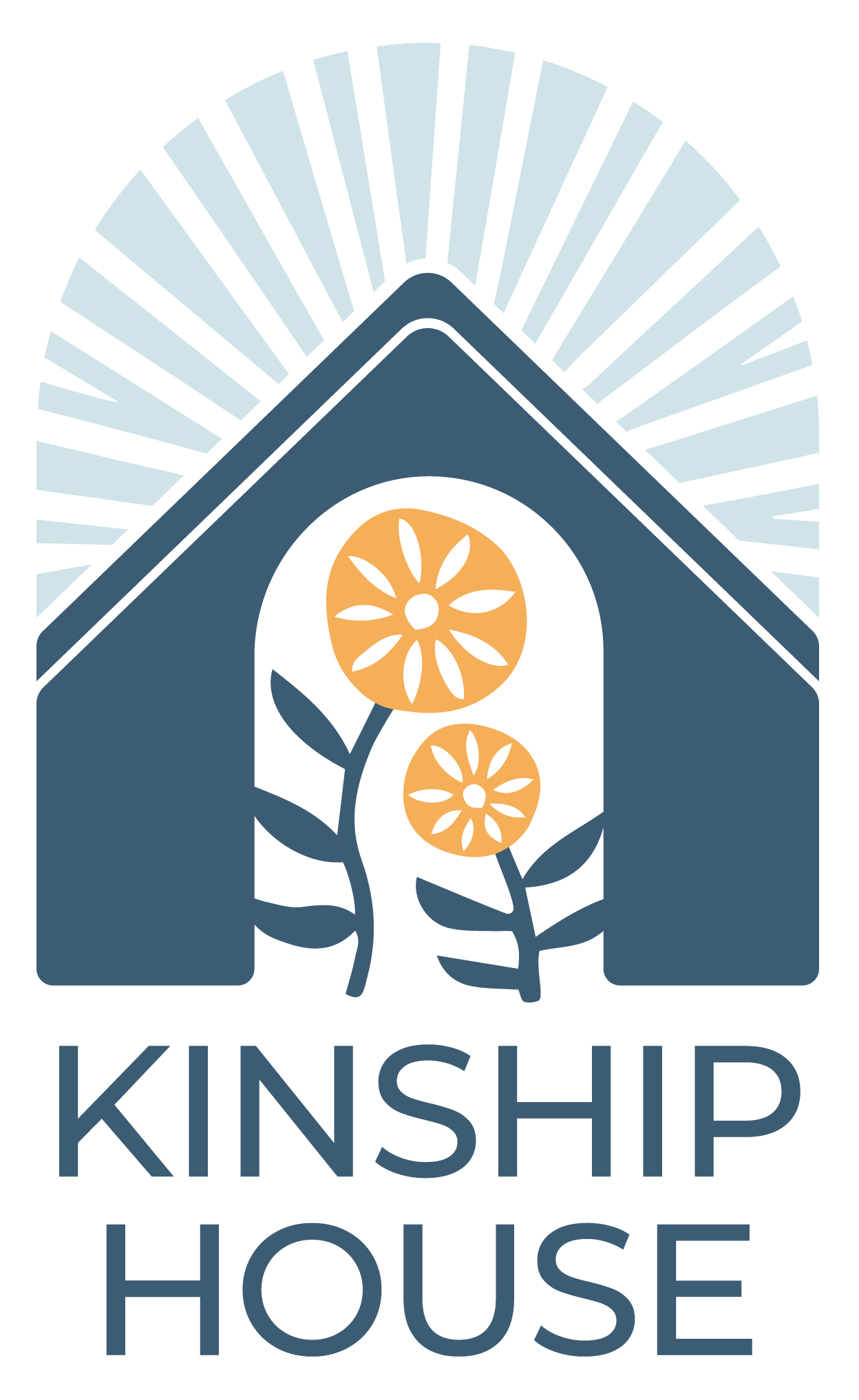Foster Care Happened To Us, It Does Not Define Us
by Reed McClintock
As a person who lived within the Foster care system in the eighties, we have come a long way. There is a lot of work that lies ahead, but thanks to advances like trauma-informed care and evidence based practices, we now have a much better idea of what works.
The number one fear in America is the loss of a loved one; the idea that you’ll never be able to see that person ever again. For a kid, this can become a reality in many ways - through abuse, neglect, illness, incarceration etc. All reasons why kids end up in Foster Care. When this happens, the people that were supposed to love them unconditionally are gone.
The uncertainty of life in foster care is nonstop and all-encompassing. Weathering this every hour of every day in every space, requires heroic levels of stamina. They compound overtime and eventually living feels like mere survival, leading to trauma-infused behaviors like denial, not following rules, fighting, difficulty paying attention, and hypervigilance. You develop a keen ability to read a person with high acumen, and work intensely to prevent others from knowing what you are thinking; a chameleon in any environment. We know these are fear-based responses to hide sadness, rejection, lack of feeling loved, and so on.
It is a terrible way to live. And yet, last year over 8,000 of Oregon’s children spent at least one day in Foster Care.
I was forced to live within a system that did the best it could. One thing for certain, my rebelliousness provided me with the tenacity and perseverance to adapt and overcome. I used it as fuel. Statistically, I had a less than 3% chance to go on and get my graduate degree, build a career that gives back, and have success.
I want this success for every single kid that finds themselves in the system. That’s why I serve on the Board of Directors for Kinship House. By providing individualized outpatient therapy, they are helping kids work through the trauma of foster care and adoption, connect with safe adults in their lives, and thrive. Alongside partners like Bridge Meadows, DHS, and many others, Kinship House helps kids find their tenacity and perseverance while learning to trust the safe adults around them.
If you are reading this and you are in the system, stay strong. Very few can live through what you are living through. The resources are coming and we are working as hard and as fast as we can to get support. For right now, not everyone is as bad as your experience has taught you. When you sense genuine kindness, trust a little and know it is okay to test it each step of the way. You can always pull back when you don’t feel or think you are safe. Know that you are not alone even though it may feel like it right now. Use your experience to guide you. Focus only on what you want. It can feel like this will never stop. It is okay to feel everything you feel. If you don’t know how or what you feel, that is okay too. You are worthy, you are capable, and you are good enough! Consider this one thing. You may not realize you have the advantage in life right now. When you do, you will be a force to be reckoned with. Most importantly, no matter what, remember, foster care happened to us, and it does not define us.

